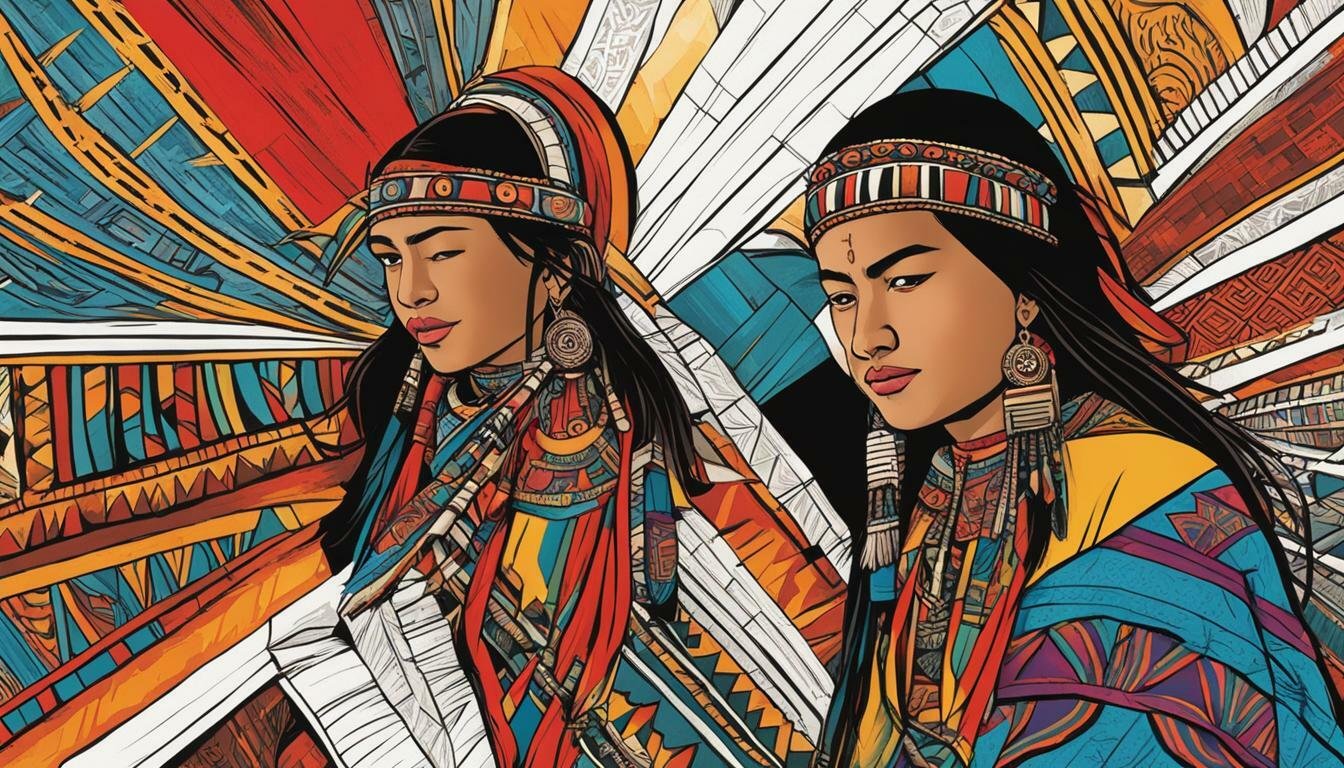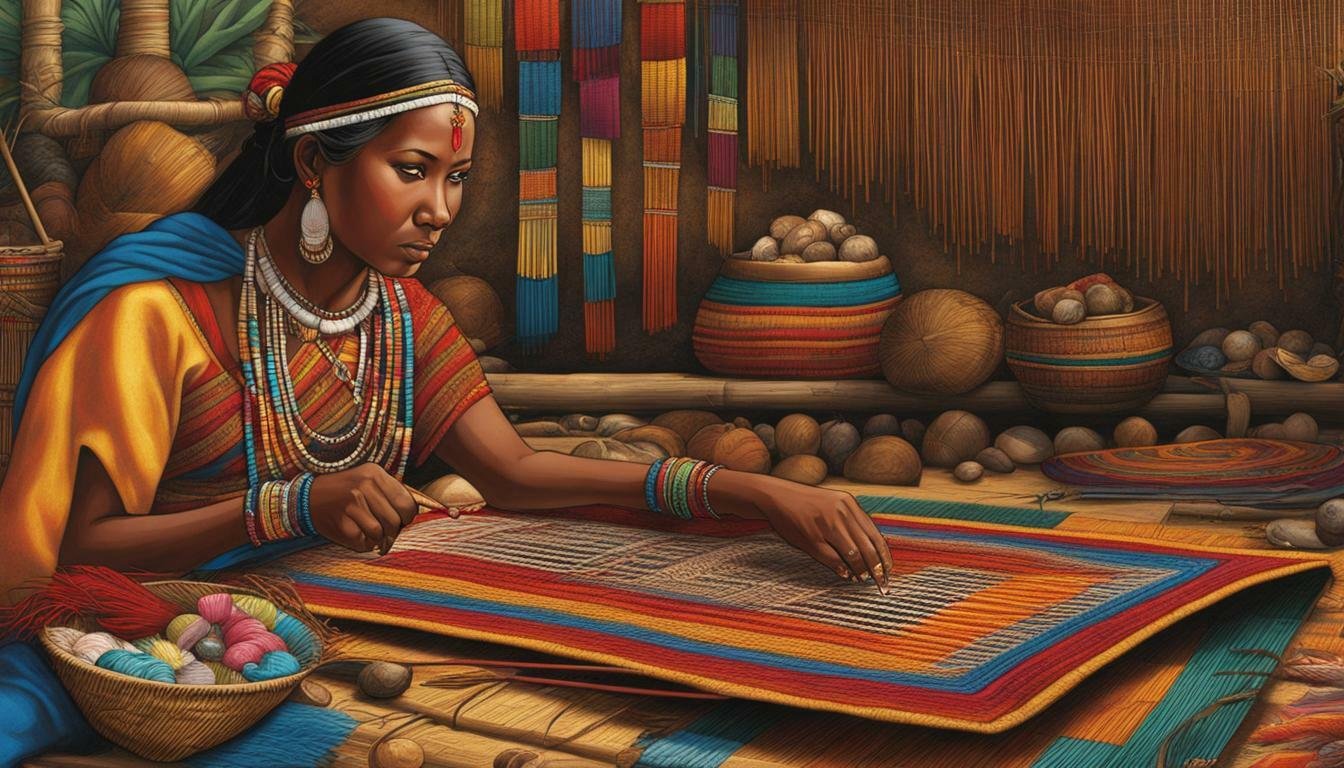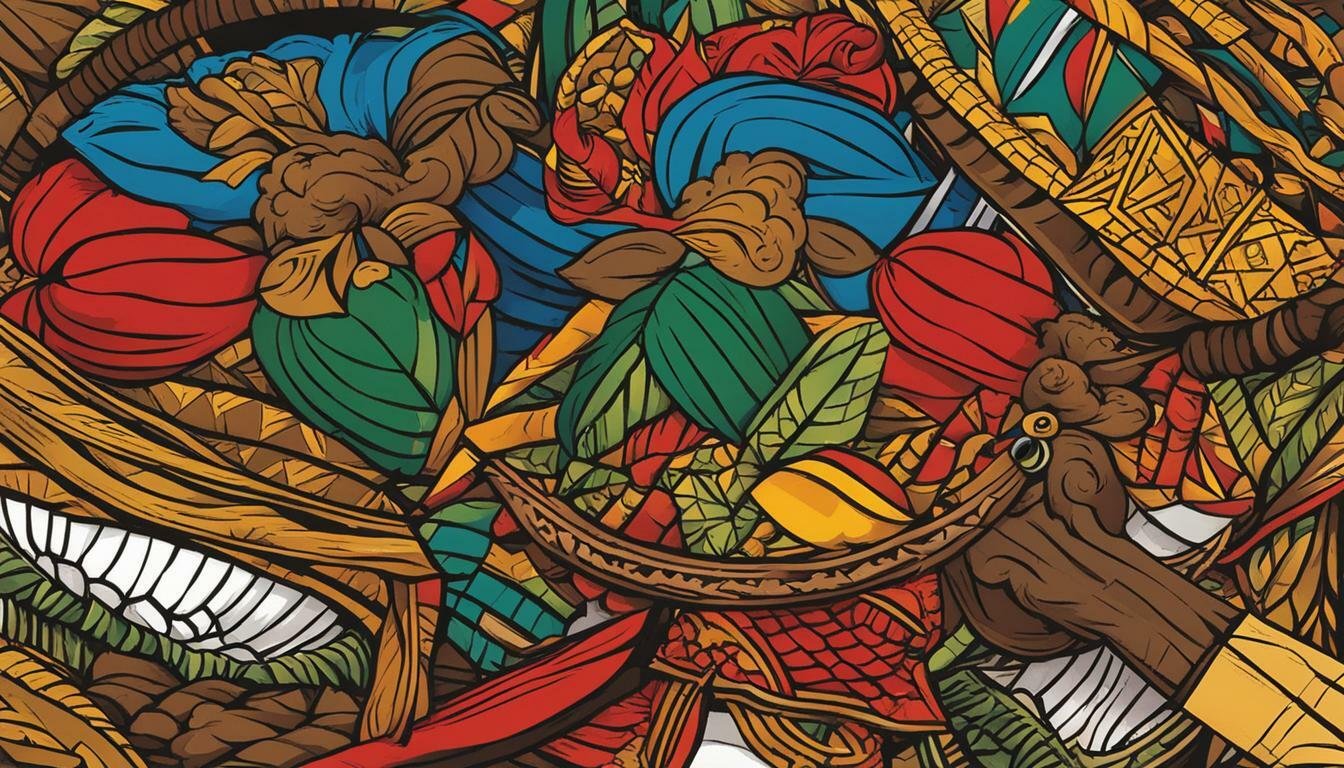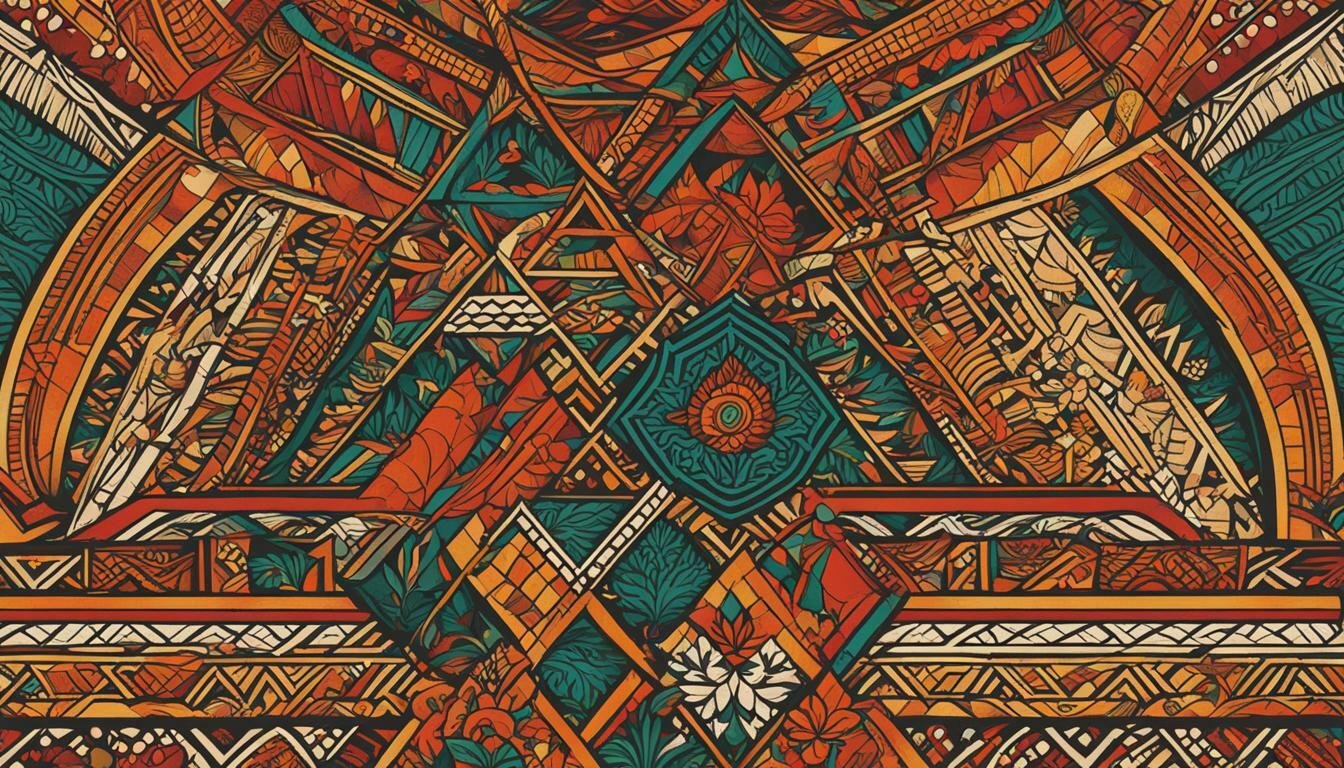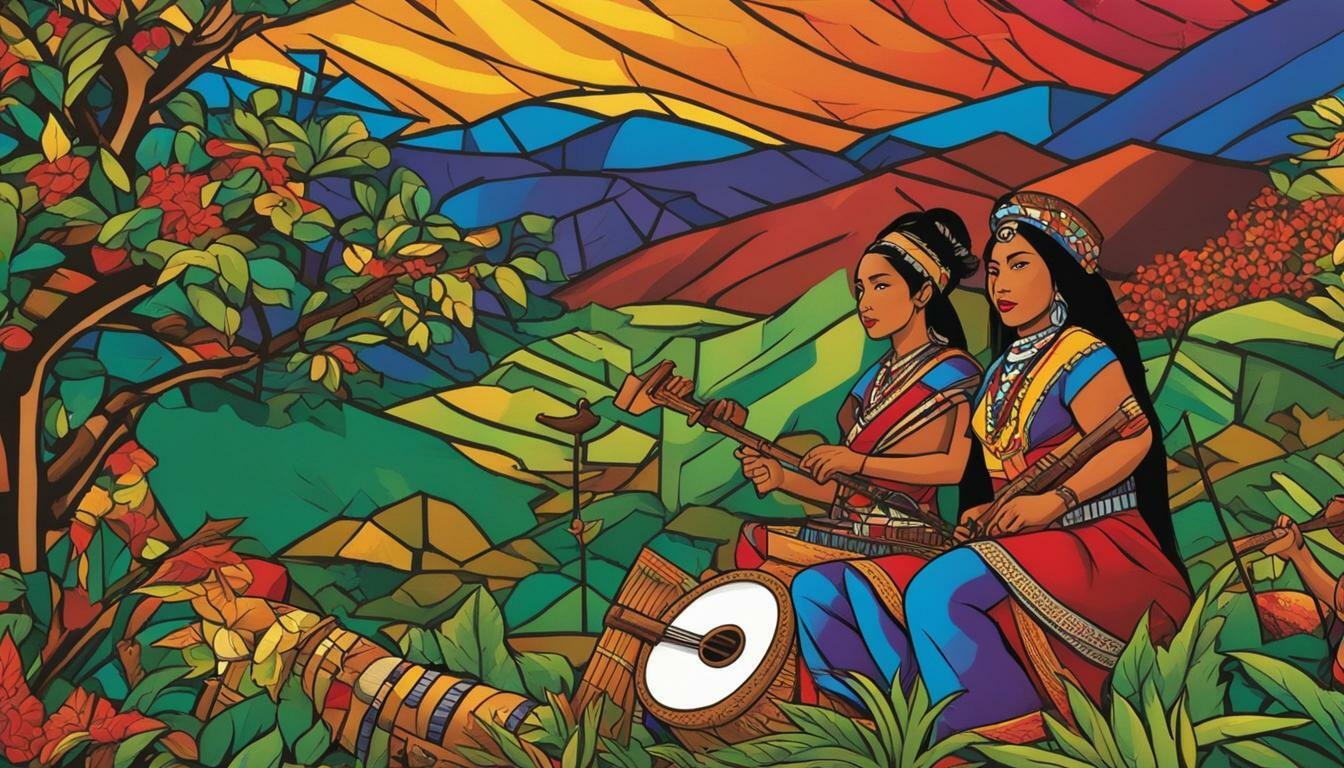he Philippines is an archipelago nation renowned for its staggering linguistic diversity. Hundreds of languages and dialects are spoken across its islands, each carrying the unique history, culture, and identity of its speakers. Among these linguistic treasures is the Talaandig Language of the Philippines, the ancestral tongue of the Talaandig people, one of the many…
Tag: Cultural preservation
Tagbanwa Language of the Philippines
The archipelago of the Philippines is a tapestry woven with hundreds of languages, each carrying the distinct history, culture, and identity of its speakers. Among these linguistic treasures is the Tagbanwa language of the Philippines, spoken by the indigenous Tagbanwa people primarily residing in the provinces of Palawan, particularly in areas like Aborlan, Coron, and…
Suludnon Language of the Philippines
The archipelago nation of the Philippines is a tapestry of diverse cultures, each woven with its unique history, traditions, and languages. Among the many fascinating threads in this fabric are the Suludnon people, an indigenous group residing in the mountainous interiors of Panay island, specifically within the provinces of Iloilo, Capiz, and Antique in the…
Mandaya Tribe of the Philippines
The Philippines is an archipelago nation renowned for its rich tapestry of cultures, a vibrant mosaic woven from centuries of migration, trade, and interaction. Among the many indigenous groups that contribute to this diversity are the Mandaya people, primarily residing in the provinces of Davao Oriental and Davao de Oro in the southeastern part of…
Palaw’an Language of the Philippines
The Palaw’an Language of the Philippines stands as a vital linguistic and cultural treasure, spoken by the Palaw’an people, one of the numerous indigenous groups residing in the captivating island province of Palawan province. Beyond being merely a means of communication, the Palaw’an language is a living testament to centuries of history, adaptation, and cultural…
Lumad Language of the Philippines
The linguistic tapestry of the Philippines is renowned for its complexity and diversity, a reflection of the archipelago’s unique history, geography, and the multitude of ethnolinguistic groups that call it home. Among the most distinct and historically significant linguistic groups are the Lumad languages, spoken by the indigenous peoples of Mindanao, the large southern island…
Exploring the Culture and Traditions of the Isneg People
The mountainous Cordillera region of Northern Luzon in the Philippines is home to a diverse tapestry of indigenous communities, collectively often referred to as Igorot. Among these distinct groups reside the Isneg people, also known as the Isnag or Apayao, inhabiting the lush river valleys and forested slopes of Apayao Province. Their unique culture and…
Hudhud: Ifugao Epic Poems
The Philippines, an archipelago brimming with diverse cultures and histories, holds within its islands a treasure trove of oral traditions that speak volumes about its people’s past, beliefs, and values. Among the most celebrated and significant of these is the Hudhud, a collection of Ifugao Epic Poems originating from the rugged Cordillera region of Northern…
Talaandig Peoples of the Philippines: History, Culture, and Traditions
Deep within the verdant highlands of Bukidnon Province in Mindanao, the southern Philippines, reside the Talaandig Peoples, one of the distinct ethnolinguistic groups collectively known as the Mindanao Lumad. Often referred to as the “people of the slopes,” their identity is inextricably linked to the majestic Kitanglad Mountain Range, the heartland of their Ancestral Domain….
Baybayin’s Whispers: Reclaiming the Pre-Colonial Filipino Script
Listen closely. Can you hear them? Faint, yet persistent, like rustling leaves in a forgotten forest – these are Baybayin’s whispers. They carry echoes of a time before colonization, a time when Filipinos documented their lives, literature, and traditions using a unique and elegant pre-colonial Filipino script. For centuries, this intricate system of writing lay…



